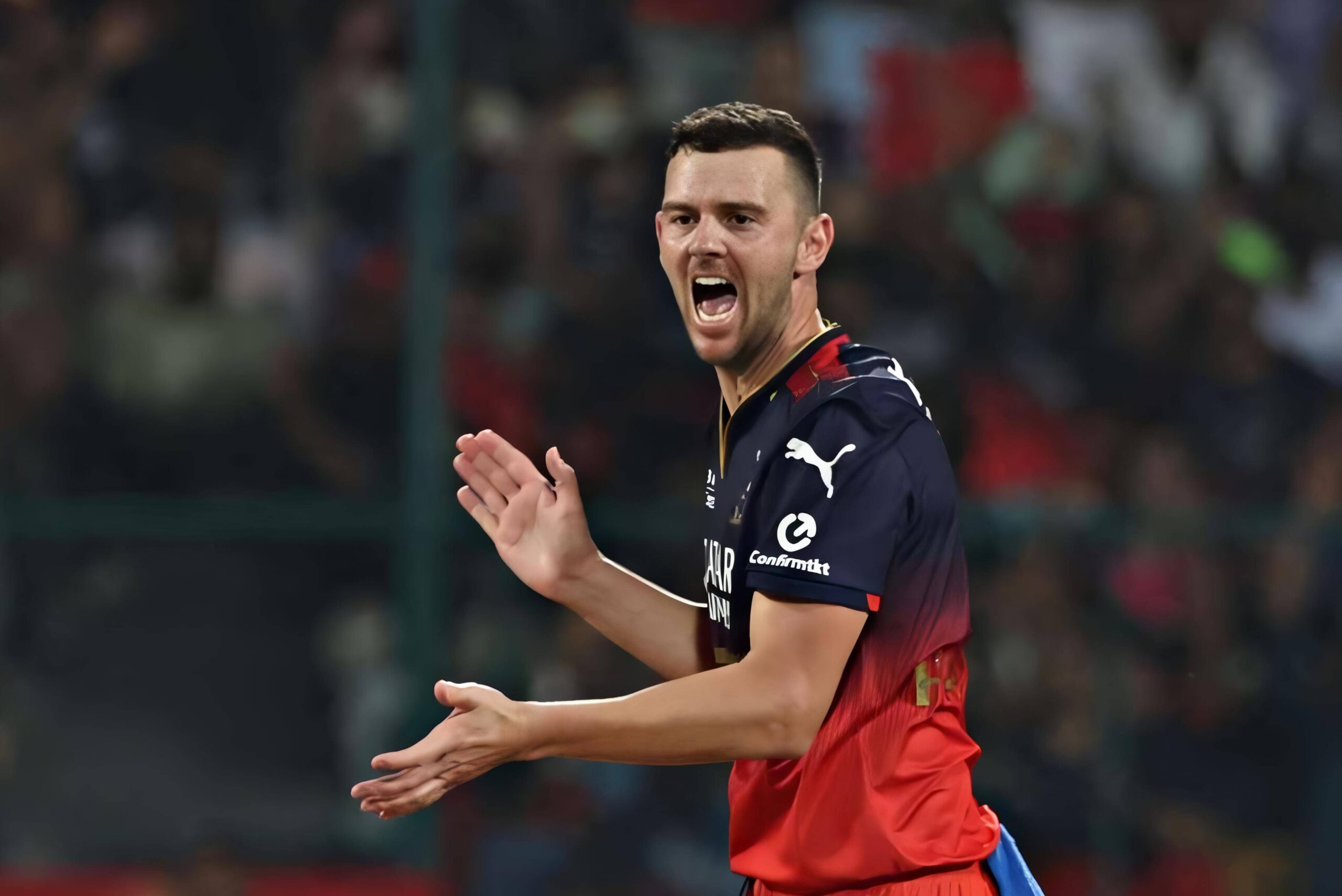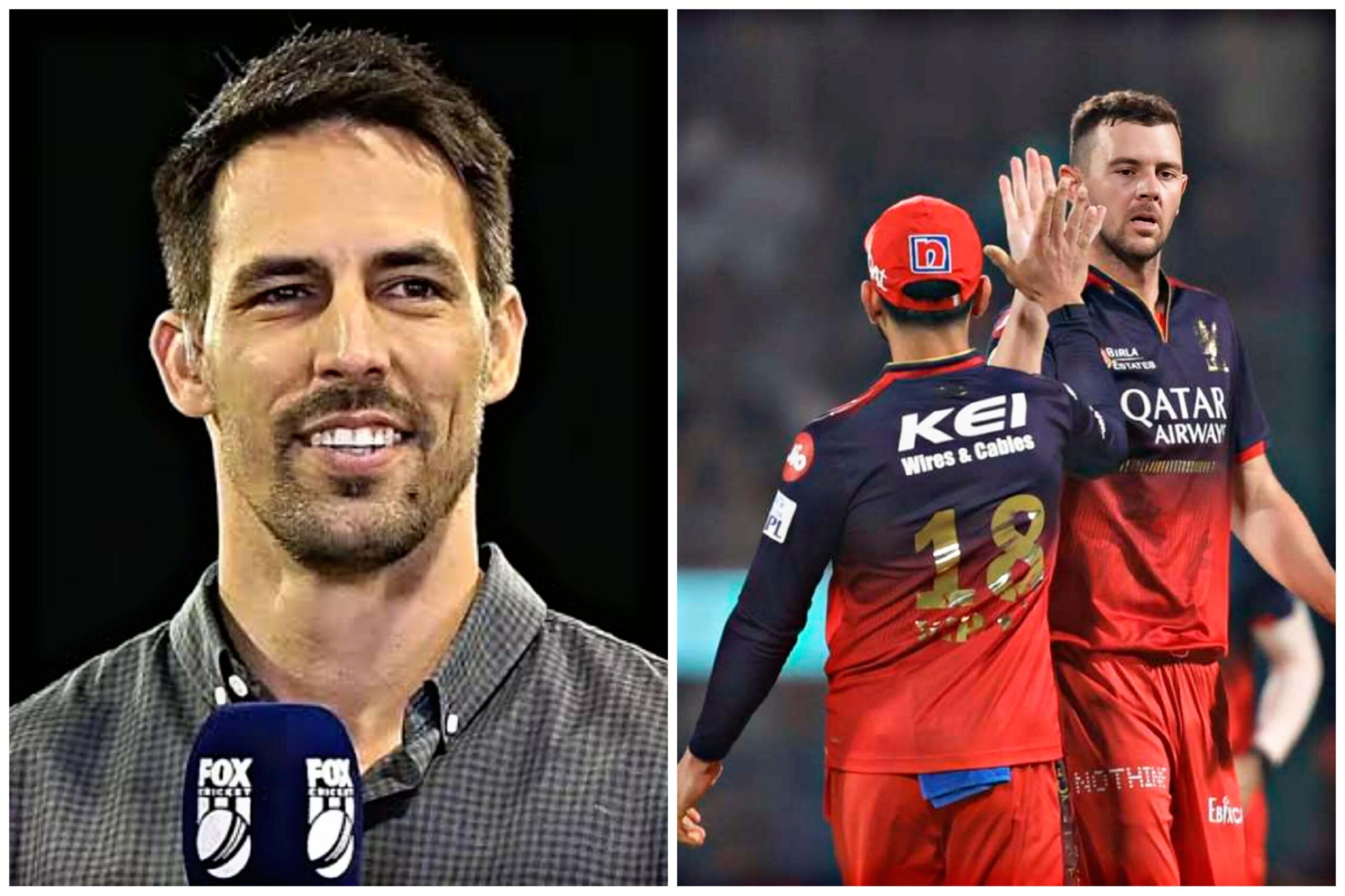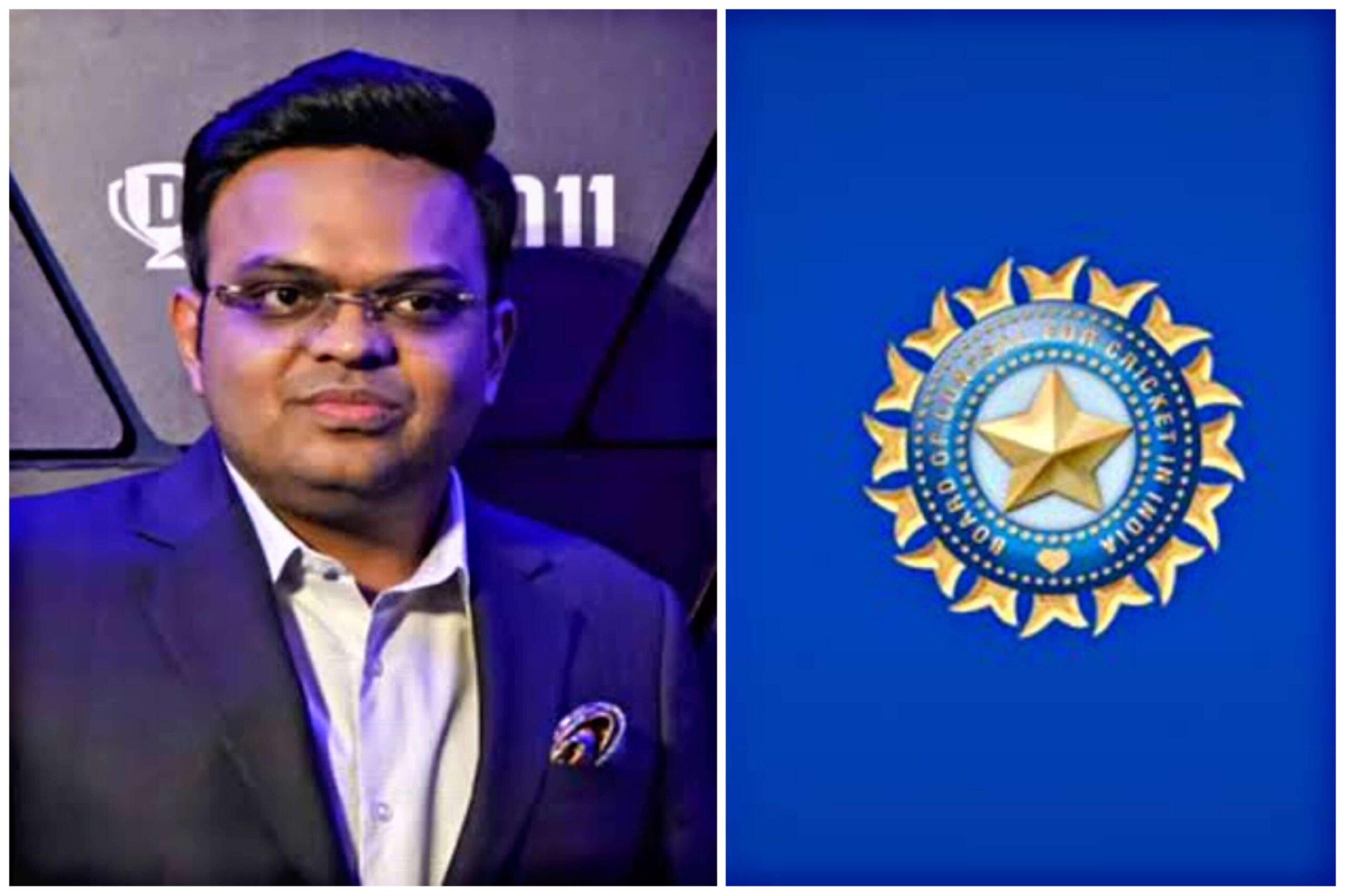Josh Hazlewood IPL WTC Controversy Sparks Mitchell Johnson Criticism
Former Australian speedster Mitchell Johnson has never been one to hold back, and this time his criticism is aimed at fellow pacer Josh Hazlewood. Following Australia’s disappointing loss to South Africa in the World Test Championship (WTC) Final 2025, Johnson has openly questioned Hazlewood’s commitment and demanded serious reflection from selectors. Here’s a complete breakdown of Johnson’s statement and its broader implications for Australian cricket.
—
1. Australia’s WTC 2025 Loss: A Trigger for Backlash
Australia’s five-wicket defeat at the hands of South Africa at Lord’s, inside just four days, was a major jolt. Having entered the final as defending champions, expectations were high. However, Australia’s bowling attack looked flat, with Josh Hazlewood managing just two wickets in the match. This performance has now come under the spotlight, with questions being raised over his preparation—or the lack thereof.
2. Hazlewood’s IPL 2025 Return Sparks Controversy
Hazlewood’s decision to rejoin Royal Challengers Bengaluru for the delayed end of the IPL 2025 season just weeks before the WTC final has drawn intense criticism. The IPL had paused due to India-Pakistan tensions and resumed shortly before the final. Although there were initial concerns about Hazlewood’s fitness, he eventually returned for the IPL’s final phase, which Johnson believes compromised his WTC readiness.
—
3. Mitchell Johnson’s Strong Reaction
Writing in The West Australian, Mitchell Johnson did not mince words. He expressed concern over Hazlewood’s choice to prioritise a T20 league over national commitments. “We’ve seen concerns about Hazlewood’s fitness in recent years, and his decision to prioritise returning to the IPL over his national team preparations raised eyebrows,” he wrote.
—
4. Questioning the ‘Big Four’ Legacy
Johnson also challenged the automatic selection of Australia’s long-established bowling quartet — Hazlewood, Pat Cummins, Mitchell Starc, and Nathan Lyon. While the four have been central to Australia’s success, Johnson urged selectors not to treat them as irreplaceable. “Our successful ‘big four’ can’t be taken for granted as a lock going forward either,” he noted, indicating that longevity alone shouldn’t secure a spot.
—
5. Call for Youth and Fresh Blood
The former left-arm pacer pushed for the inclusion of fresh talent like Sam Konstas, Josh Inglis, and Scott Boland (despite the latter being 36). Johnson praised their hunger and drive to perform, contrasting them with what he views as complacency among some senior players.
“Players on the fringe have a different mentality. They’re eager to prove themselves every time they get a chance,” he wrote.

6. Not a Personal Attack, But a Broader Selection Wake-Up Call
Johnson clarified that his comments weren’t meant to disrespect the achievements of current senior players like Steve Smith, Usman Khawaja, and Marnus Labuschagne, but rather to encourage selectors to look toward the future. He emphasized the importance of choosing players who are mentally and physically committed to the Test arena, especially in a transitional phase for the team.
—
7. Steve Smith’s Injury Opens Doors for Experimentation
Interestingly, Johnson sees an opportunity in Steve Smith’s recent finger injury, suggesting it might open the door for experimentation during Australia’s upcoming three-Test tour of the West Indies. He described this tour as a chance to “give deserving players a chance to shine” and possibly recalibrate the batting order.
—
8. No.3 Batting Slot Needs Stability
Johnson also highlighted the ongoing dilemma with Australia’s No.3 position. While Labuschagne had once been the ideal choice, his form over the last 18 months has been inconsistent. Johnson advised against reshuffling all top-three batting positions at once, calling it “too risky,” but insisted that identifying a stable No.3 batsman is now a priority.
9. Is IPL Hurting Australia’s Test Fortunes?
The larger question emerging from this controversy is whether participation in franchise T20 leagues is affecting Australia’s Test performances. Hazlewood’s case seems to suggest that the physical and mental demands of the IPL—particularly a delayed and compressed season—may not align with the rigorous preparation required for marquee Test matches.
—
10. What Lies Ahead for Hazlewood and Australian Selectors?
Josh Hazlewood’s WTC performance, coupled with his decision to return for the IPL, has created a selection dilemma. Should selectors continue backing experience, or should they fast-track fresh blood with hunger to perform in Tests? Johnson believes the upcoming tours are crucial for this transition.
With Ashes 2025 on the horizon and other senior players nearing the twilight of their careers, the Australian selectors face tough decisions that will shape the team’s next cycle.
—
Final Thoughts
Mitchell Johnson’s bold comments underscore a growing tension between franchise cricket and national duty. While players have every right to explore professional opportunities, the timing and consequences of such decisions are now being closely scrutinized—especially when national pride is at stake.
Australia’s WTC final loss could well be the turning point that forces selectors to reconsider established norms and lay the groundwork for a new era in Test cricket. Whether Hazlewood remains a part of that journey is now a matter of serious debate.
—











